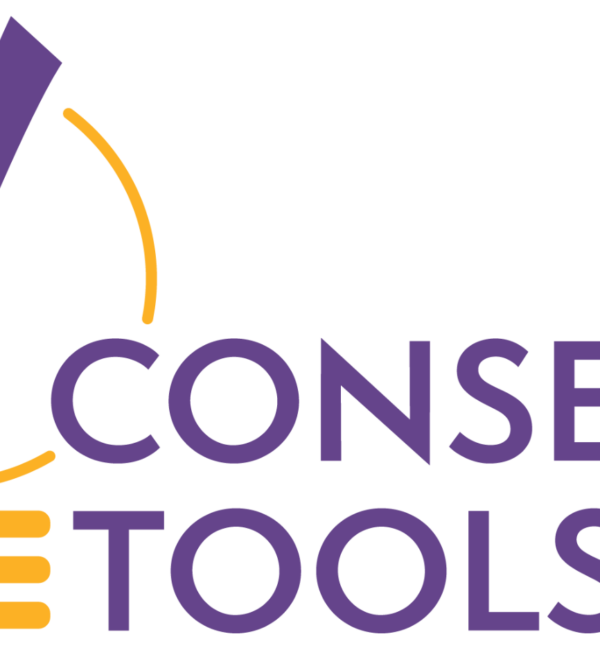By Erin D. Solomon, PhD The 2018 updates to the Common Rule emphasize the importance of participants understanding the information…
Read MoreThe FDA issued guidance in August 2023 to provide more clarity to IRBs, clinical investigators, and sponsors in complying with FDA’s informed…
Read MoreBy Elena Ghanaim and Jonathan Lawson The NIH Data Management and Sharing (DMS) Policy is a watershed moment for the…
Read MoreBy Lindsay McNair, MD, MPH, MSB Several important ethical topics are currently relevant to the scientific and drug development communities.…
Read MoreOn September 28, the US Food and Drug Administration (FDA) released two Notices of Proposed Rulemaking (NPRMs) to harmonize the…
Read More




